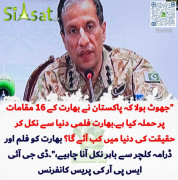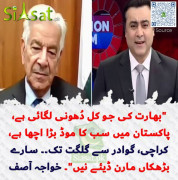I have referred to Islamic fiqah, meaning the general spirit of Islam and habit of Allah Almighty. One needs to look into the governance pattern of Rasul-Allah S.A.W to find clues. Given your doubt, I can readily quote the appointment of Hazrat Zayed bin Haris, a slave with minimum social value but distinguished military skills, look into the termination of governor of Egypt by Hazrat Omar, very clean and disciplined person but his weakness of heavy protocol was contrary to his job or you may note the elevation of Khalid bin Walid, the worst enemy of Islam but appointed as the Army Chief after embracing Islam,purely on his professional merit.Look further into the elevation of status of Abu-Sufyan by Rsul Allah S.A.W, while he was still sworn enemy of Islam but being an influential lord in Mecca he qualified to play role in pacifying the defeated Meccans. Far away from the times of Kulafa-e- Rashidah, look at Salah-ud-Din Ayyubi who arrested clergy in Damyat because they were gathering youth in shrines to worship Allah in face of advancing crusaders,keeping them from military service and active defense duty. Reading about Islam and Islamic history gives a rich sense of its values like accountability, balance or merit.

































